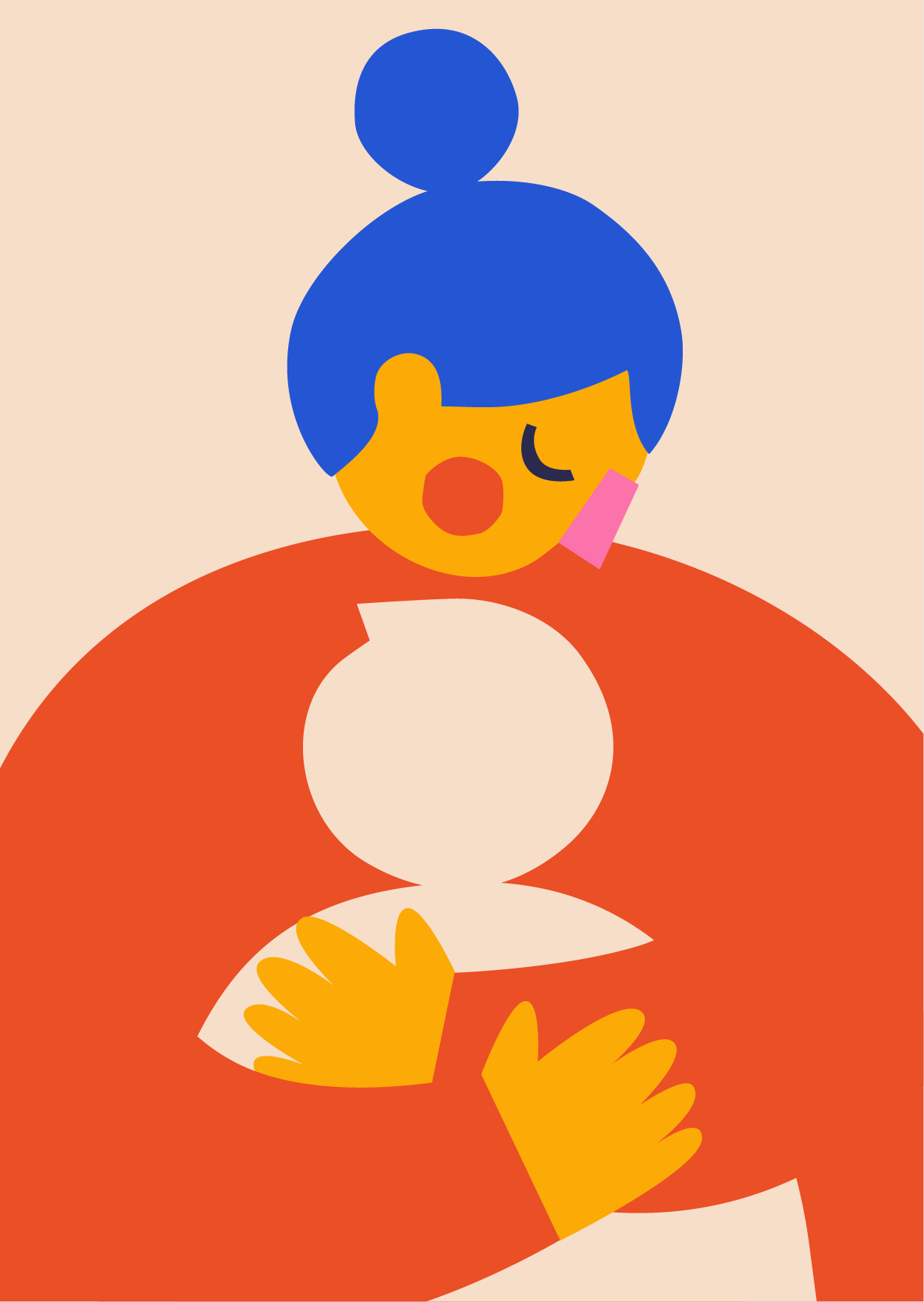
"In Bocca al Lupo" (in the mouth of the wolf) by Quebecois illustrator Myriam van Neste
Press
We love working with journalists around the world to share compelling, unique stories.
Send email
Book a call

"In Bocca al Lupo" (in the mouth of the wolf) by Quebecois illustrator Myriam van Neste
We love working with journalists around the world to share compelling, unique stories.
Send email
Book a call
From local slang to national idioms - find entries from all over the world.
Many of the world’s most interesting words and phrases live outside “standard” language.
They're said without thinking, typed in group chats, shared in jokes, heard in pop-culture, hard to translate, and even harder to understand as a non-native speaker.
We want to change that.
Untranslatable aims to document and celebrate these linguistic treasures, especially expressions from communities whose voices have traditionally been overlooked.
By creating a place where people can share, learn about, and appreciate language, we hope to contribute greater cross-cultural understanding and linguistic pride.

"Tu me manques" (you are missing from me) by Quebecois illustrator Myriam van Neste
Amarens is a linguist and developer from the Netherlands. Born in 1995, she grew up in a multilingual environment (Dutch, Frisian), which along with the languages she learned later (English, Spanish, Portuguese) inspired her to create Untranslatable.
With a background in computational linguistics, Amarens is passionate about exploring uses of language that are often overlooked. She launched Untranslatable after recognizing how digital tools could help preserve and promote minority languages and dialects that are traditionally dismissed as "incorrect" or "non-standard", as well as provide a way for language learners to explore the meaning of words in a more intimate way.
"I’m from the northern part of the Netherlands, and I grew up in an environment that was always multilingual.
My mother is Frisian, which is a minority language spoken in the north, and people in our region also speak Low Saxon, another minority language that’s often dismissed as just a dialect.
When people talk about dialects, it’s often with a tone of dismissal.
They say it’s informal, or incorrect, or not “real” language because it doesn’t follow the same rules as standard language.
But where I grew up those “nonstandard” ways of speaking were actually incredibly meaningful.
In fact, speaking in more standardized ways often felt more formal, and less personal.
And the more I studied linguistics, the more I realized I was especially drawn to these so-called “irregular” forms, and the ways in which different groups of people communicate with each other.
My mother grew up speaking Frisian with her family, but when they started texting each other, they used Dutch because they’d never learned to write in Frisian at school.
Eventually, they began using translation apps to translate Dutch into Frisian, trying to learn a written version of the language they grew up speaking.
That had a big impact on me and showed me the impact digital tools can have in preserving and promoting minority languages.
Personally, I grew up speaking Dutch, and in school I also learned English, German, French, and Spanish.
When I did an exchange in Panama at 16, I saw how different a language can be from the version in the textbook.
The Spanish I encountered in Panama wasn’t just different grammatically — it was full of hyper-specific words and expressions.
I realized then that when people say, “I speak Spanish,” what they really mean is, “I speak a version of Spanish,” often a standardized kind that’s seen as more prestigious.
But the Spanish I learned in Panama was more local, intimate, and most of all - more relevant to me as someone trying to communicate with Panamanians.
To this day, when I speak Spanish in other places, I often get comments about the words I use and how they’re not "correct", or sound funny.
Sometimes people ask me if I hadn't rather learned Spanish in another place, where they spoke a different kind of Spanish.
But learning a version of Spanish that was more local taught me that communication doesn't happen in the same way when you speak a clean, texbook version of the language.
The type of language you use says something about who you are, and in my case, it tells a story of someone who lived in Panama and learned to speak Spanish there.
I also speak Brazilian Portuguese, which is full of slang and references.
When I lived in Brazil, I was constantly googling things not just to understand the words, but to figure out what people meant, what they were referencing, what the context was.
It really clicked for me that language isn’t just about understanding what words mean, but also understanding the broader context in which they are used.
All of the languages I speak, and more importantly, all of the varieties of languages I speak have contributed to the creation of this platform.
While there is no one way of approaching all of the complexities of meaning, I wanted to create a space where people could explore the meaning of parts of their native language in a more contextual way.
Speaking several languages, I constantly find myself wanting to use a word or expression from another, and going on a tangent about what something means specifically, and why I like it so much.
I think this is a familiar experience for many people who are multilingual, and hopefully Untranslatable is a platform where we can all come together to share, learn and enjoy language with each other."